Lists

1 Book
Horror
Sort by:
Recent Desc
More lists by eol
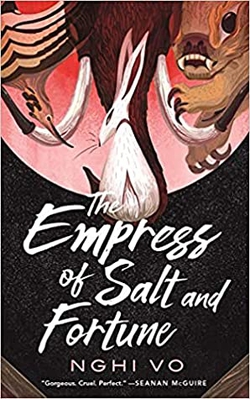


Asian themes, authors, or inspired
List includes: The Empress of Salt and Fortune, the island of sea women, When the Tiger Came Down the Mountain
October 2022
0
@eol


Fantasy Novellas
List includes: The Empress of Salt and Fortune, nettle & bone
October 2022
0
@eol
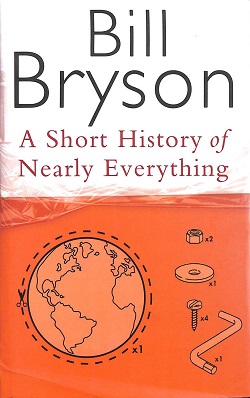
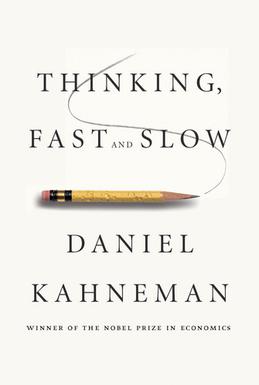

Science & Nonfiction
List includes: A Short History of Nearly Everything, Thinking, Fast and Slow, The Disappearing Spoon: And Other True Tales of Madness, Love, and the History of the World from the Periodic Table of the Eleme
June 2022
0
@eol

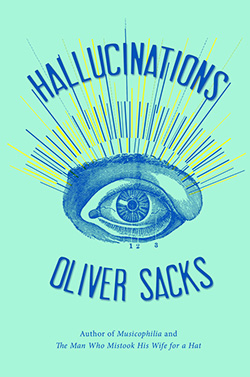

Human & Nonfiction
List includes: A Short History of Nearly Everything, Hallucinations, Quiet: The Power of Introverts in a World That Can't Stop Talking
June 2022
0
@eol
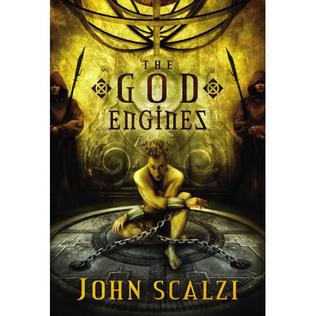


Science Fiction Novellas
List includes: The God Engines, all systems red, Slow Bullets
June 2022
0
@eol
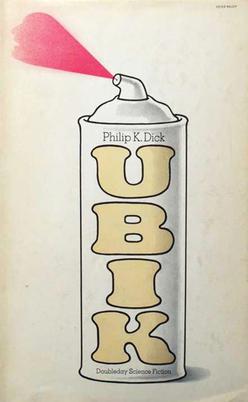
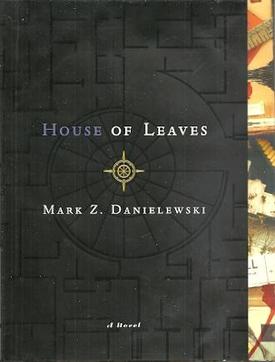

TBR
List includes: Ubik, House of Leaves, The Martian
June 2022
0
@eol



Standalone sff + humor
List includes: Lamb: The Gospel According to Biff, Christ's Childhood Pal, A Wizard's Guide To Defensive Baking, Minor Mage
June 2022
0
@eol



Fantasy Novellas
List includes: The Sleeper and the Spindle, Prosper's Demon, Minor Mage
June 2022
0
@eol



LGBTQ+ sff novellas
List includes: pet, The Empress of Salt and Fortune, Desdemona and the Deep
June 2022
0
@eol